India Invokes WTO Peace Clause for Rice Farmers Support
By Rediff Money Desk, NEWDELHI Apr 08, 2024 22:31
India has again invoked the WTO's peace clause to provide excess support to rice farmers in 2022-23, exceeding the subsidy ceiling for food security purposes.
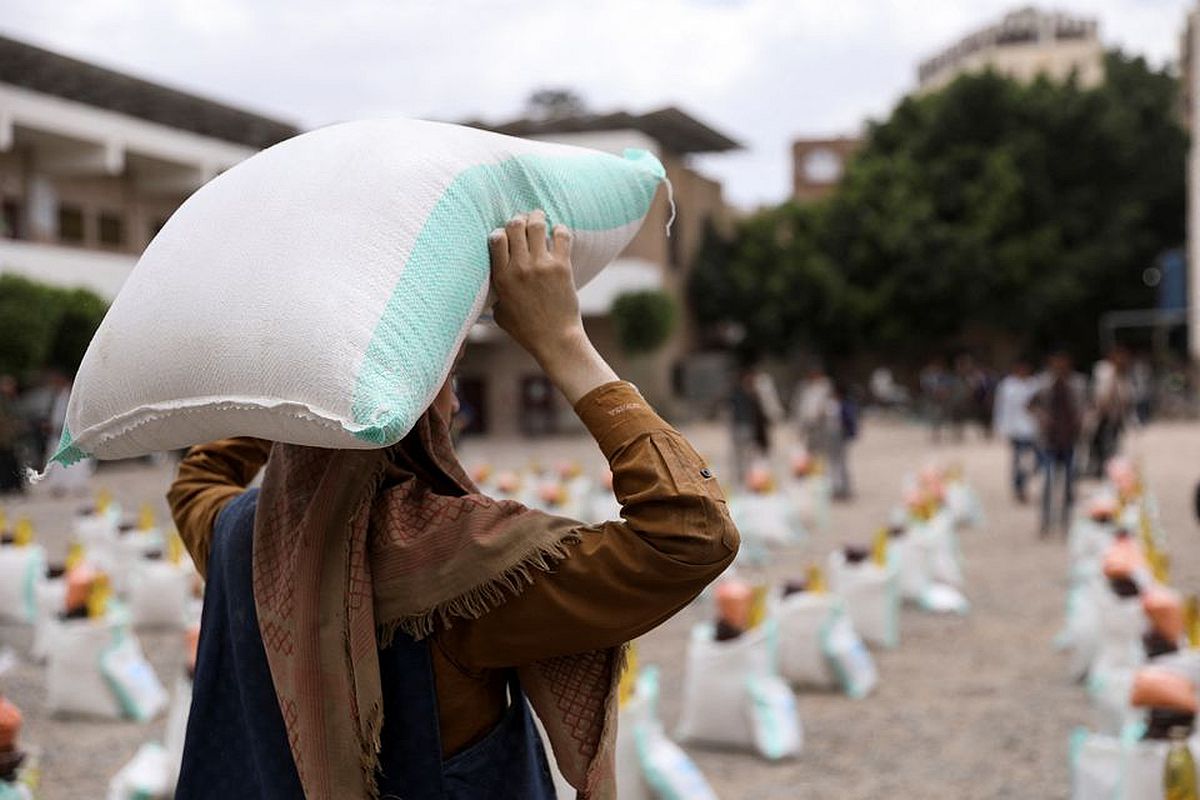
Photograph: Khaled Abdullah/Reuters
New Delhi, Apr 8 (PTI) India has again invoked the peace clause of the World Trade Organisation (WTO) to provide excess support measures to rice farmers in the 2022-23 marketing year to sustain its existing public stockholding programmes for food security purposes.
Under the Peace Clause, WTO members refrain from challenging any breach in the prescribed subsidy ceiling given by a developing nation at the dispute settlement forum of the Geneva-based organisation.
Subsidies over and above the prescribed ceiling are seen as trade-distorting. The limit is fixed at 10 per cent of the value of food production for developing countries like India.
"India notifies the Committee on Agriculture that it has exceeded the de minimis limit specified under...the Agreement on Agriculture (AoA) for rice, a traditional staple food crop, for the marketing year 2022-2023. The de minimis level for rice has been exceeded pursuant to the support provided through public stockholding programmes for food security purposes, which were in existence as of the date of the Bali Ministerial Decision on Public Stockholding for Food Security Purposes," according to a submission made by India to the WTO.
New Delhi has made its submission that the country has fulfilled and continues to fulfil its domestic support notification requirements under the AoA.
India has notified the WTO that while the value of India's total production of rice stood at USD 52.8 billion in 2022-23, a subsidy worth USD 6.39 billion was given to farmers during the marketing year.
India has time and again called on WTO members to find a permanent solution to the long-pending public food stockpile issue, saying it is directly related to achieving the sustainable development goal of zero hunger by 2030.
The PSH (public stockholding) programme is a policy tool under which the government procures crops like rice and wheat from farmers at the minimum support price (MSP) and stores and distributes foodgrain to the poor.
Under the global trade norms, a WTO member country's food subsidy bill should not breach the limit of 10 per cent of the value of production based on the reference price of 1986-88.
India has been seeking amendments to the formula for calculating the food subsidy cap.
As an interim measure, the WTO members at the Bali ministerial meeting in December 2013 had agreed to put in place a mechanism popularly called the Peace Clause and committed to negotiating an agreement for a permanent solution.
Under the Peace Clause, WTO members agreed to refrain from challenging any breach of the prescribed ceiling by a developing nation at the dispute settlement forum of the WTO. This clause will be there till a permanent solution is found to the food stockpiling issue.
Under the Peace Clause, WTO members refrain from challenging any breach in the prescribed subsidy ceiling given by a developing nation at the dispute settlement forum of the Geneva-based organisation.
Subsidies over and above the prescribed ceiling are seen as trade-distorting. The limit is fixed at 10 per cent of the value of food production for developing countries like India.
"India notifies the Committee on Agriculture that it has exceeded the de minimis limit specified under...the Agreement on Agriculture (AoA) for rice, a traditional staple food crop, for the marketing year 2022-2023. The de minimis level for rice has been exceeded pursuant to the support provided through public stockholding programmes for food security purposes, which were in existence as of the date of the Bali Ministerial Decision on Public Stockholding for Food Security Purposes," according to a submission made by India to the WTO.
New Delhi has made its submission that the country has fulfilled and continues to fulfil its domestic support notification requirements under the AoA.
India has notified the WTO that while the value of India's total production of rice stood at USD 52.8 billion in 2022-23, a subsidy worth USD 6.39 billion was given to farmers during the marketing year.
India has time and again called on WTO members to find a permanent solution to the long-pending public food stockpile issue, saying it is directly related to achieving the sustainable development goal of zero hunger by 2030.
The PSH (public stockholding) programme is a policy tool under which the government procures crops like rice and wheat from farmers at the minimum support price (MSP) and stores and distributes foodgrain to the poor.
Under the global trade norms, a WTO member country's food subsidy bill should not breach the limit of 10 per cent of the value of production based on the reference price of 1986-88.
India has been seeking amendments to the formula for calculating the food subsidy cap.
As an interim measure, the WTO members at the Bali ministerial meeting in December 2013 had agreed to put in place a mechanism popularly called the Peace Clause and committed to negotiating an agreement for a permanent solution.
Under the Peace Clause, WTO members agreed to refrain from challenging any breach of the prescribed ceiling by a developing nation at the dispute settlement forum of the WTO. This clause will be there till a permanent solution is found to the food stockpiling issue.
Read More On:
DISCLAIMER - This article is from a syndicated feed. The original source is responsible for accuracy, views & content ownership. Views expressed may not reflect those of rediff.com India Limited.
You May Like To Read
TODAY'S MOST TRADED COMPANIES
- Company Name
- Price
- Volume
- GTL Infrastructure
- 2.93 ( -4.87)
- 226206286
- IFL Enterprises
- 1.30 (+ 4.84)
- 81461564
- Vodafone Idea L
- 16.79 (+ 0.66)
- 67447398
- NCL Research
- 0.95 ( -4.04)
- 31996628
- Franklin Industries
- 3.73 (+ 3.32)
- 21511209
MORE NEWS

Navi Mumbai Airport ILS Signal Testing Begins
The Airports Authority of India (AAI) has begun ILS signal testing at the...

Air India VRS for Non-Flying Staff Ahead of...
Air India has announced a voluntary retirement scheme (VRS) and voluntary separation...
Fisher Groups Oppose WTO Fisheries Subsidy Talks
Small-scale fisher groups from India, Indonesia, and Bangladesh demand WTO keep...



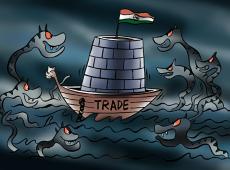
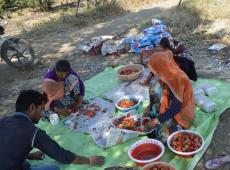

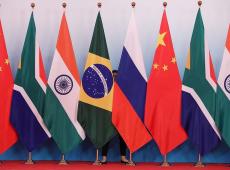
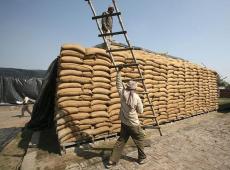
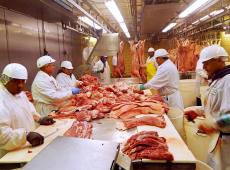
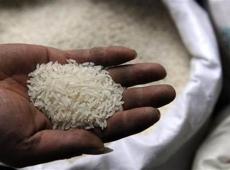

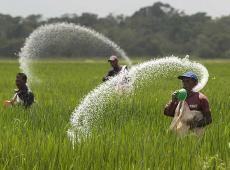
 © 2024 Rediff.com India Limited. All rights reserved.
© 2024 Rediff.com India Limited. All rights reserved.